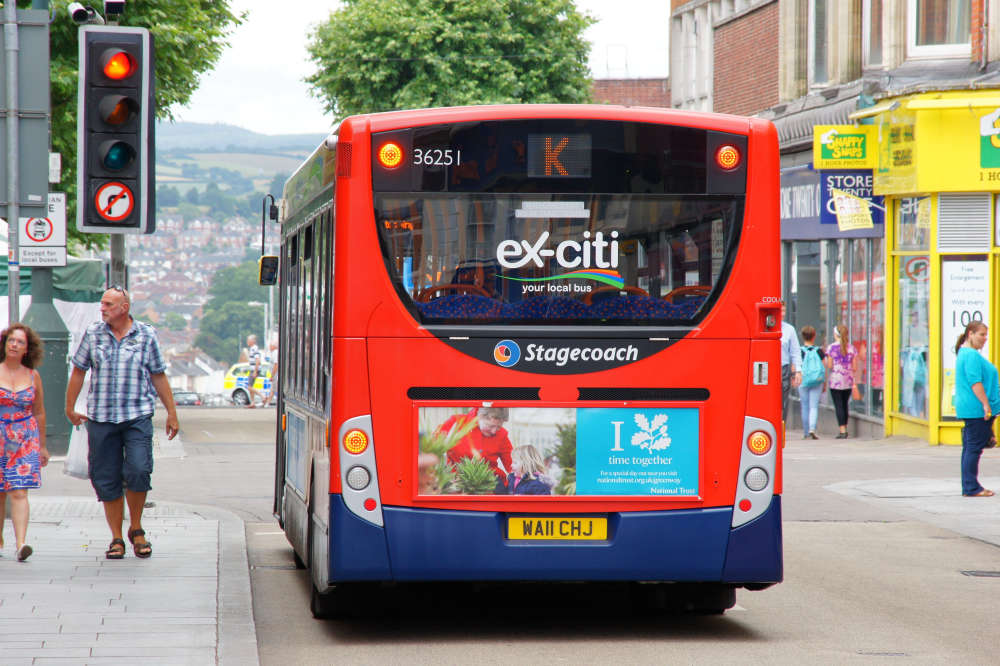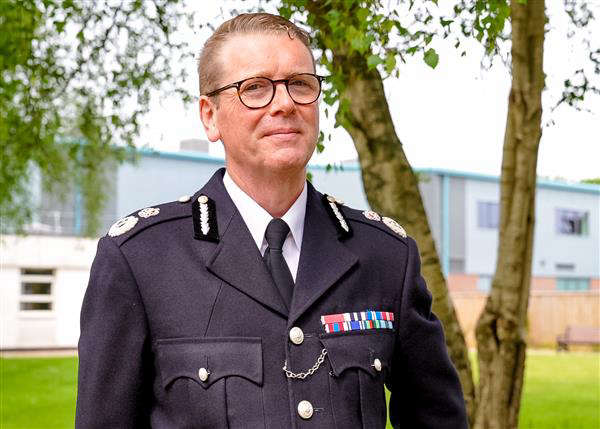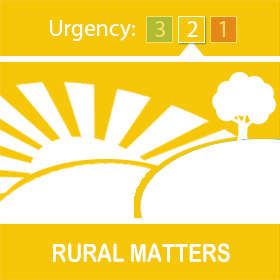
Devon County Council admits it “carries the risk” if the number of free bus pass journeys go up.
Concessionary passes are available to older people (men and women who reach state pension age) or those with certain disabilities. They can be used from 9.30 a.m. on weekdays, and all day at weekends and on bank holidays.
But last week the Local Government Association (LGA) warned councils in England are being hit by a “completely unsustainable” annual bill of more than £450 million to prop up the national scheme.
Local authorities are legally obliged to administer it, and are responsible for reimbursing bus operators for journeys made with a pass.
The LGA believes the way the concessionary travel scheme is funded by government is “unfit for purpose and prevents councils from investing in more reliable bus services.”
Councils, including Devon, don’t receive a ring-fenced amount depending on how many journeys are made. Instead, it comes from existing budgets mostly funded by government settlements and council tax.
A spokesperson for Devon County Council admits it “carries the risk” should the number of journeys using a free bus pass increases, with “no financial adjustment from central government.”
The council paid around £8 million to reimburse local bus operators for their participation in the scheme last year (2022/23) – compared with £8.5 million the previous year.
The spokesperson added: “If reimbursement costs increase, any additional funding would have to come from efficiency savings or budget underspends.”
The LGA says Whitehall needs to fully fund the scheme to “ease the pressure on stretched local budgets,” with Cllr Linda Taylor, the body’s transport spokesperson, adding: “It is vital this scheme is properly funded so councils can protect bus routes and reinvest in local networks.
“By providing long term funding for buses across the country, councils can invest in improved services, attracting more people to use public transport.”
A government spokesperson said the free bus pass is a “manifesto commitment,” added it will be investing £300 million more over two years to support services, as well as a further £200 million to continue capping bus fares until November 2024.
The Department for Transport’s latest extension of the cap on bus fares came into force last weekend. It means single tickets for many routes will be capped at no more than £2 until November, when the cap will rise to £2.50.

 Criminal investigation into suspended Chief Constable dropped
Criminal investigation into suspended Chief Constable dropped
 Devon families receive their primary school place offers
Devon families receive their primary school place offers
 Theft of Quad Bike / Livestock Trailer and / Farm Tools - Tiverton and Withleigh Area
Theft of Quad Bike / Livestock Trailer and / Farm Tools - Tiverton and Withleigh Area
 Stay vigilant for ticket fraud ahead of top events and concerts this summer.
Stay vigilant for ticket fraud ahead of top events and concerts this summer.











